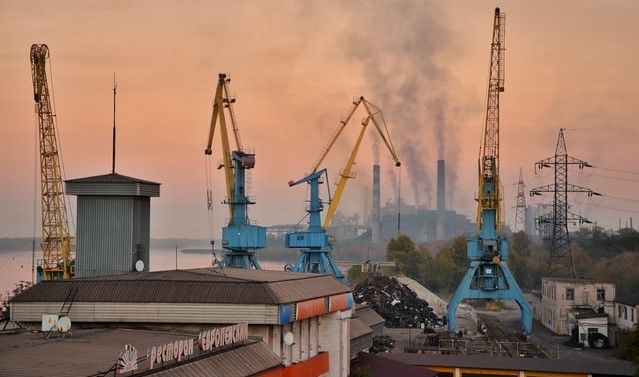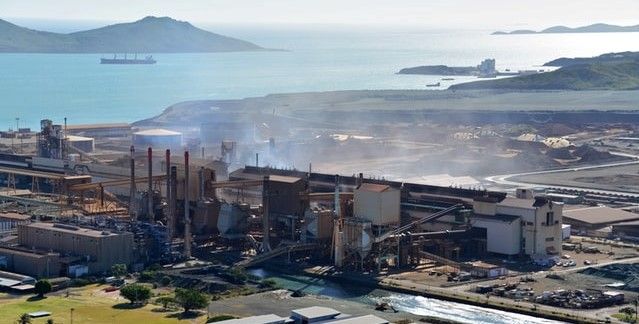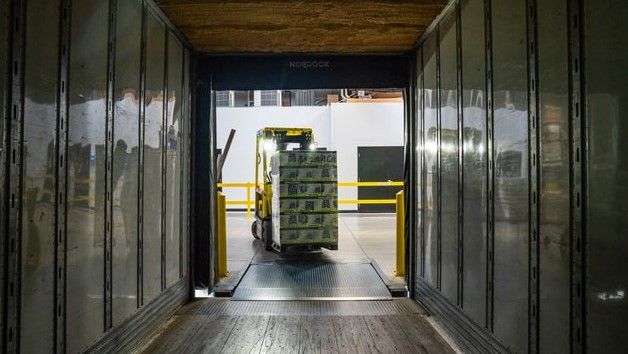Chemical manufacturers everywhere are struggling to cope with rising wage costs, increasing raw material prices, and larger energy bills, so how are Ukrainian chemical companies still surviving?
Case study 1: Electrogaschem
Electrogaschem is one of the luckier chemical manufacturers in Ukraine as its production facilities are located away from the fighting in the north-western Zhytomyr region. “We have retained all production facilities and personnel,” explains company spokesperson, Mikhail Andrushchenko.
This means that it has been able to maintain production of the antioxidants and emulsifiers it supplies to the food, cosmetic, and pharmaceutical sectors.
“We have stocks of raw materials and finished products,” Andruschchenko notes, “[So], we continue to ship products to the domestic market and are able to continue exporting.”

However, some of its customers have not been so fortunate. “Our client Mondelēz [a snacks and confectionary manufacturer], in Trostyants in the Sumy region, has stopped production due to serious damage,” says Andrushchenko. “Some factories stopped because the supply chain was interrupted due to the fighting. Some continue to operate but have significantly reduced production.”
With fewer businesses operating across Ukraine, Electrogaschem will experience some difficult months ahead even though it has avoided the worst of the conflict. Exports have also been disrupted, as the front line of fighting has formed some impenetrable trade blocks.
“Customers from central Asia are ready to buy our products, but there is no possibility of delivery bypassing Russia,” says Andruschenko. Adding that, “Selling to Europe is currently not possible due to a huge number of restrictions.”

Case Study 2: Life Chemicals
While Life Chemicals is headquartered in Ontario, Canada, all of its production facilities and much of its vital R&D work is located in Kyiv.
Here the company designs and synthesizes advanced chemical building blocks, such as fine reagents and chemical intermediates. It has also developed a proprietary collection of dedicated Screening Libraries of over 7,700 synthetic compounds, alongside a custom synthesis program providing tailor-made chemical compounds.
Everything changed when the Russians invaded, as all production and research was instantly stopped. Yet, the company was fortunate to still have some sales income.
“We were lucky because we have inventory in Germany and the US which has allowed us to fulfil orders,” says Vasily Pinchuk, the Ontario-based vice-president of marketing and sales. “Nevertheless, orders have been stacking up.”
Due to the risks involved, most of the regular delivery companies have refused to come to Kyiv, so the company has been forced to switch to Ukrainian courier services. “It’s not perfect but it is working”
“Most customers have agreed to wait, although some smaller orders have been cancelled, understandably as they have needed the molecules quickly,” explains Pinchuk. “[For the other orders], we are starting to weigh them out from our stocks in Kyiv and get them delivered.”

As Russian forced withdrew from Kyiv, work at the company facilities has slowly returned to something more normal, and with the re-opening of the lab, chemical synthesis has also restarted.
‘This means we can start making new product from raw materials we currently have in stock. But we are also looking at how to ship in new raw materials.”
“We are lucky,” says Pinchuk. “Because of our inventories elsewhere we have only taken a minor hit and have been able to keep on selling. If the Ukrainian army can hold the Russians back from Kyiv, then we could return slowly to something like normal. Every day it has become a little safer, but they could try another push into Kyiv - we just don’t know. We were lucky that Kyiv did not have it as bad as other cities; there has been no carpet bombing and services kept running.”
Such are the desperate conditions for businesses in Ukraine. Struggling to keep chemical production going, working hard to maintain supply chains, hoping that customers aren’t caught up in the fighting, and being grateful that your home or place of work has not been carpet bombed.
And you think your company has it tough.
Photo credit: Artur Voznenko at Unsplash, Hannes Egler, Elevate, & Jeremy Bezanger